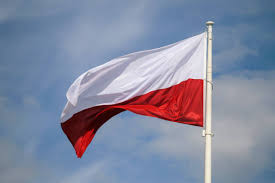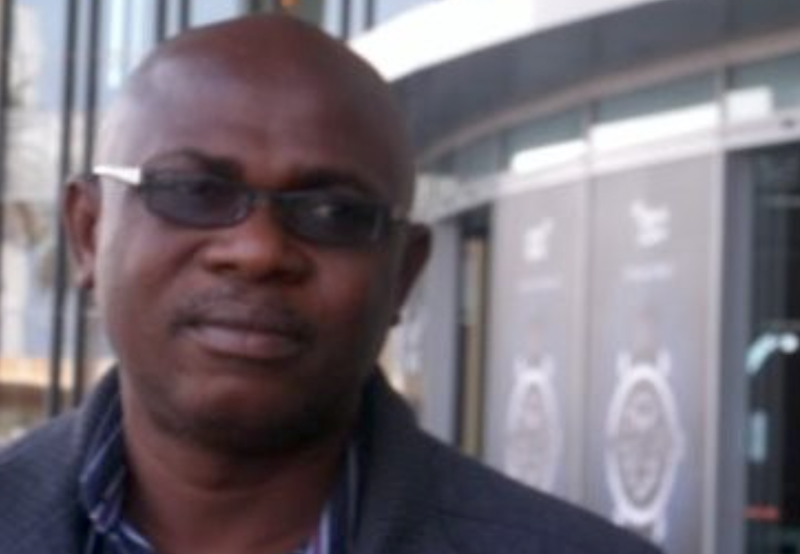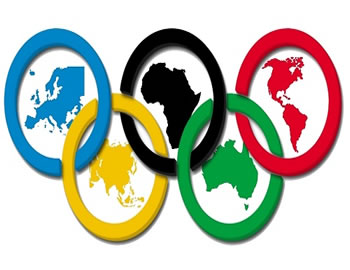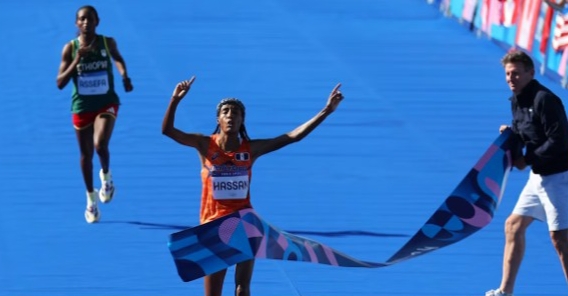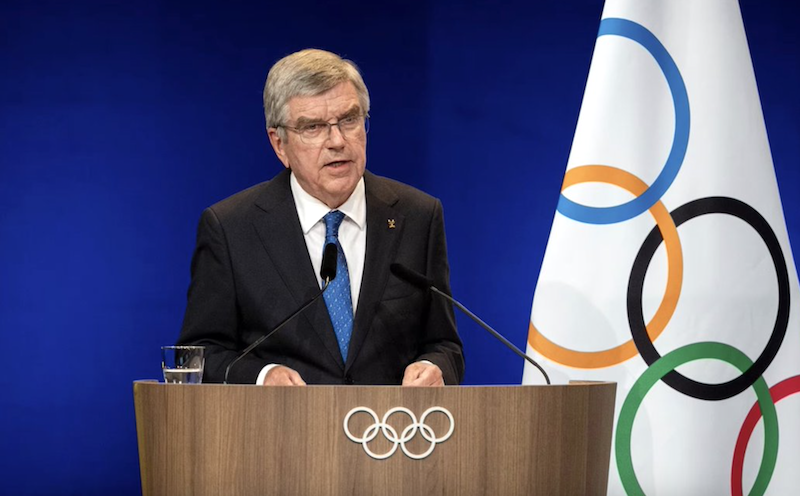By Ikeddy Isiguzo
MOSES Ugbisien, winner of a 4x400m bronze medal in athletics, 40 years ago at the Los Angeles Olympics, called thrice recently. Two of the calls were in the course of the Olympic Games in Paris. Expectedly they were about Nigeria participating in the Olympic Games as circumstantial ceremonies.
Complaints are legion. Comments have been driven by what we know about the medalless contingent. In most cases, our premises are cast on assumptions, wrong assumptions.
Money, the way we spend it, cannot win medals. The anger about an expenditure of N12 billion on Paris 2024 is grossly misplaced. The approval of the money was noisily celebrated on Thursday 18 July 2024 when the opening ceremony of the Games was only eight days away!
Hopes were high that the approved budget would be released quickly, and more importantly, fully. I do not know if “quickly” and “fully” were achieved. What exactly was the money meant to do?
Pay allowances? Pay outstanding debts? Motivate the athletes eight days to the Games? Buy air tickets?
When was money for training and other preparations for the Games released? We do not know. Even with the belated release of the money, the tradition is to thank the President for his benevolence to sports and make promises to do better than the Games of Atlanta, 28 years ago, when Nigeria won 2 gold, 1 silver, and three bronze medals, Nigeria’s best Olympics to date.
This did not start with the 2024 Olympics. There is hardly a clear path to how we win medals at the Games. It will not stop with Paris 2024 unless Nigeria does something drastic and immediate to rescue the 2028 Games in Los Angeles.
Money is not the major issue. If the Ministry of Sports Development gets N40 billion today for the 2028, it is not a guarantee that we would win a medal. There are no structures to run sports in the professional manners that elite athletes billed for the Olympics demand.
Competence in limited dosages along the Olympic production lines has compromised the preparations for the Los Angeles Olympics. Outright lies should not be central to the future.
Whoever said that preparations for the 2028 Games had started knew that it was not true. Those immersed in the best global practices for these things would take a few weeks off to recover from the tensions the Games are. They are organised and light years ahead of the remedies that are being prescribed for Nigeria.
They would hold appraisal meetings. They would audit their post-Olympic assets – athletes, officials, partners, governance issues, and resolve them. Deficits in all areas would be treated and the areas of strengths are enhanced.
Competitions from 2024 to 2032 would be diarised and aligned to the programmes of the various federations, and budgeted right to the very base of the programmes for different competitions and qualifiers that lead to different engagements.
Some top performers have retired with Paris 2024. Replacements have to be groomed from a pool of performers who are below those leaving. Provisions have to be made for injuries, ageing, loss of interest, doping challenges, grading of the athletes based on performances for training grants, rewards and a lot more.
The pool of athletes for 2028 should be from athletes who have been to the Olympics, top events like the World Championships, Commonwealth Games, All Africa Games with consistent results that when benchmarked against global athletes in that event have our athletes within the top 15, for starts. We should progress to top 8, and top 6 before the Olympics.
Criteria for the set immediately below the top group would be stated. They would be the top group for 2028, but already part of the Olympic team for 2032 and beyond.
Olympic Games are not circumstantial ceremonies that can be accomplished on a four-year cycle with filmsy utterance as “we have started preparations for Los Angeles”.
Nigeria sports officials would spend the rest of 2024 and well into 2025 fighting for positions in the sports federations. They are full-blown opportunities to step into opportunities that sports breed. We call them elections. They are essential meal tickets for most officials who barely know anything about their sports, except maybe the next trips and what allowances they will bring.
When we are through with the elections, we lose time, fragment the little cohesion the federations have and attend the next Games, usually with a worse management than was in Paris that produced no medals.
Elsewhere, most elected their federations, including their National Olympic Committees before Paris 2024. The end of the Games also mark a new beginning even where the officials were re-elected.
Back to the calls with Ugbisien, we joked about the $12,000 scholarship he has been owed since the spectacular victory in the 4×400m relay that keep spectators at Kasarani Stadium, outside Nairobi, on their feet. It qas the 1987 All-Africa Games. Remarkably, Nigeria won all the athletic relay events in Nairobi.
Innocent Egbunike had won the 400m with a Games record, 44.23 seconds. The Kenyan David Kitur was second and Ugbisien was third.
Kitur was up against Egbunike in the last legvof the relay. He indulged Kitur who led the race. Kenyans were screaming. From the 300 metres, Egbunike started closing up, and outran Kitur for the gold.
Daniel arap Moi, Kenyan President told Egbunike during the medal ceremony, “This Innocent is not innocent”. Nigeria had a high volume of athletes to choose from then.
A year after, Nigeria returned from the Olympics in Seoul without any medals. The most remarkable thing about Seoul was that the luggage of the contingent, on the return trip, was so large that it could not fit into the aircraft. It arrived by ship almost two months after the Olympics.
We have learnt nothing ever since. How did we win three silver medals four years after in Seoul and the best performance in Atlanta?
The remnants of Seoul, and athletes who had matured from the American school system, helped. The sports programmes at home were stronger and also had funding, administrations was better than today.
A lot needs to be done. A National Sports Commission, NSC, which would have stability through its enabling Act, protected from political interference, shielded from the sluggish bureaucracy of the Ministry, will be the lead to the best direction.
Maybe a look at the management structure of the Ministry will show how unsuitable it is for sports development and management. The Ministry’s Chief Executive Officer is the Permanent Secretary. At best, he is a sports enthusiast who has been thrown to the vortex of sports management. He is not excluded from the regular shuffle of top civil servants.
He may not be able to complete his reports on the Paris Olympics before he is posted to another Ministry. The Minister could be similarly changed. The process continues.
The NSC will aggregate our sports assets, manage them with a rolling plan that would integrate the various top global events that culminate in the Olympic Games. It would employ staff who have the skills and experience to manage sports on more engaging and sustainable bases.
What we have with the Ministry are civil servants who take decisions for sports without adequate knowledge of what they manage. Sports management is blighted by lack of competence which in turn drives gross mis-management that affect the federations with the Nigeria Okympic Committee at the apex of the obtuse arrangement.
There are no plans to work with schools, clubs, communities, and several initiatives that can harness thousands of young Nigerians aspiring to be athletes across different sports. Whether they become elite athletes or not, opportunities abound for them to get sports scholarships and benefit from great education. NSC will do these and more.
Money for sustainable preparation for our athletes, officials, coaches, doctors, masseuses, psychologists, and other managers will be billions of Naira that the National Lottery Commission, partners, and sponors will provide. There is no structure today for such robust attention to sports management and development.
We need a body that will employ people with the skill sets for sports development. They can manage resources sports generate for the benefit of sports and Nigerian public.
Britain in 1996 finished 36th on the medals table, four notches below Nigeria’s 2 gold medals. It was the worst British finishing since 1952. Prime Minister Tony Blair was not just embarrassed but he created UK Sports which distributed resources that UK Lottery provided to sports councils, schools, clubs and community sports centres for the continuous production of athletes.
Elite athletes were graded and their training funded. More scientific approaches were included. UK Sports did not kill the Department for Culture, Media and Sport, UK’s equivalent of our Ministry of Spirts Development.
Britain has prospered ever since. The availability of lottery funding gave bite to long term planning, research and training of athletes and officials. Projections of Britain’s finishing as hosts of London 2012 were between sixth and eighth position. Britain won 29 gold medals and were third on the medals table, 16 years after the Atlanta disaster and everyone, including Russia, attended.
Nigeria won zero medals at the London Olympics.
Nigeria can lean on the disaster of Paris to set up the NSC. The future is infested with futility and acrimonies without NSC.
We cannot run sports without anyone to hold responsible. Not even someone to ask what happened to Moses’ $12,000.
The current situation approximates to elevated confusions.
Finally…
THOSE who criticise the number of aircraft in the presidential fleet should change their mind after three of the President’s jets were seized by a Chinese firm, acting on court orders in Paris. Was the President’s three-day visit to Equatorial Guinea hampered? Have you wondered what would have happened if the President was in the seized plane or got to the airport and was locked out of his plane? The Chinese firm has graciously released one of the planes, the Airbus, to, it says, enable President Bola Ahmed Tinubu attend a meeting in France next week with the French President. Hopefully, the size of the Airbus does not indicate the number of those heading to France with the President.
WAS spicing a $500m investment forum with a porno video the latest in Nigeria being among the world’s best investment destinations? Even if we want to go through that route, a lot of work needs to be done for us to come anywhere close to the world’s best.
OUR governments must be more serious with keeping to terms of contracts whether with Nigeria or foreign organisations. Ogun State which got into the $81.72 million judgement jam with the Chinese firm has nothing to yield a fraction of that sum. Nigerians are bearing the brunt of the Federal Government implementation of an agreement that Ogun State government needed nobody’s permission to breach.
ALL those who the Ministry of Sports owes any money, any unredeemed promises, should use the opportunities of the informal inquest on Nigeria at the 2024 Olympics to tell us. If you send the evidence to ikeddyisiguzo@hotmail.com, I will published them.
Isiguzo is a major commentator on minor issues

